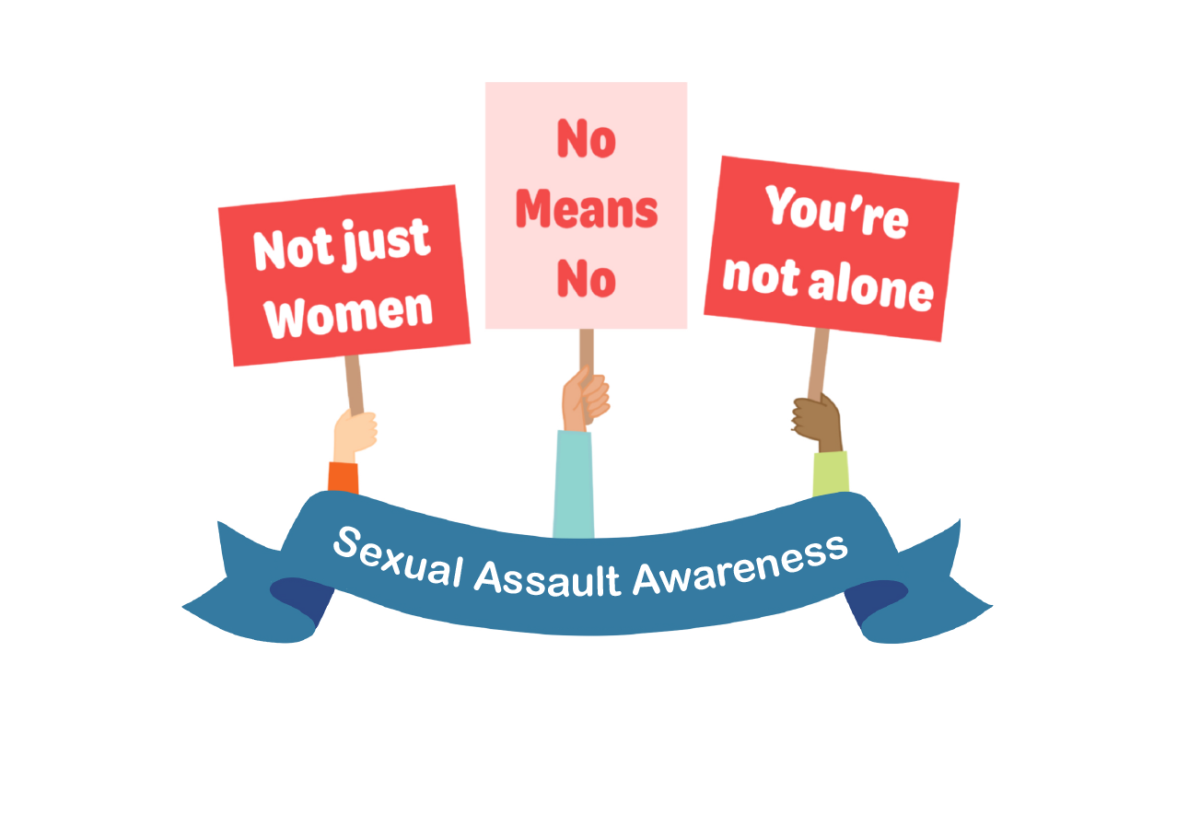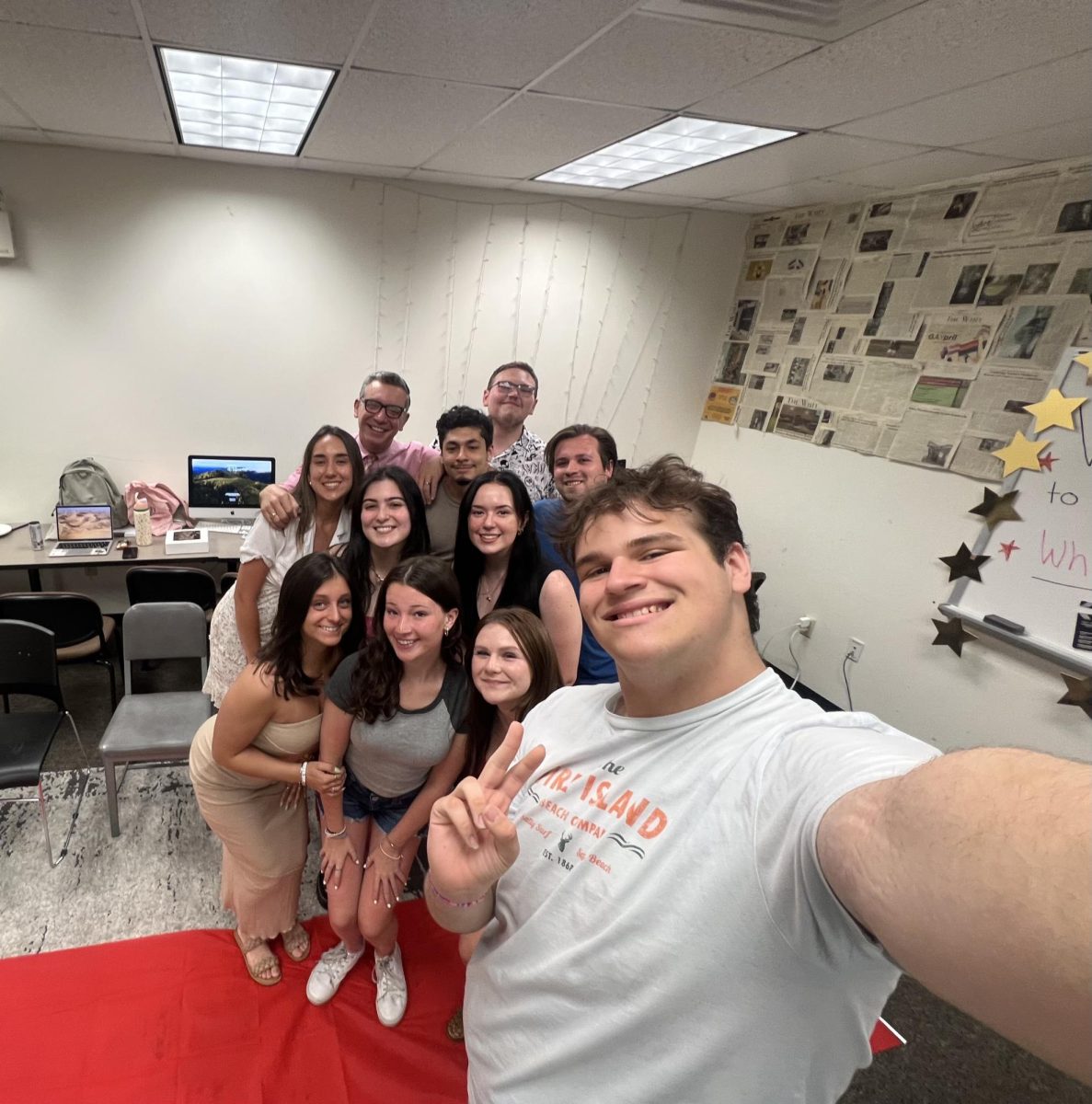I was born on July 27, 2002. Exactly 319 days since two commercial airplanes were hijacked and crashed into the Twin Towers. It seems almost surreal that an event that took place before I was even born could define so much of my life, but from the minute I could speak, I was told to choose my words carefully. The world was not a kind place for people who looked like me, and who practiced my faith. My cousin had been stopped and frisked in broad daylight while picking his sister up from school because he looked “suspicious.” One of my friends witnessed a stabbing at his Fajr prayer.
When I was four years old, one of my cousins had been sentenced to 15 years in prison for “conspiring to send money and military gear to al Qaeda associates in Pakistan.” The military gear in question was a pair of socks and a rainproof poncho, and he had been placed in solitary confinement for three years and sentenced to 15 years in prison simply because he had allowed an old acquaintance to stay at his apartment for less than two weeks. Under the guise of “stopping terrorism”, the brutalization, over-policing, and even bombings of communities like mine have been justified by the American government.
Needless to say, I am very familiar with what Islamophobia looks like. As someone who is South Asian, I am also acutely aware of what colonialism and racism look like. As one can imagine, it is incredibly frustrating to see incidents of Islamophobia and racism on the rise again and to once again not be believed. It is dehumanizing to sit in a class full of your peers and watch how they describe brown men as “rapists and terrorists” while your white professor just lets it happen.
It is frustrating to be asked at 9 a.m. if I condemn the actions of Hamas. It is frustrating to watch colonization and genocide happen in real time, and have oppressors co-opt our language to claim victimhood and justify their cruelty as self-defense. It is frustrating hearing people around me— whom I had once considered friends— blithely repeat racist dog whistles and imperialist rhetoric.
About a month ago, The Whit released an op-ed stating that it is not President Houshmand’s responsibility to issue a new statement, signed off by its entire (mostly white) staff. But these are not the words of myself and other students like me, who have grown up with the legacy of occupation and violence. Frankly, these are the words of people who have grown up in an individualist society, and who have never had to deal with the ramifications of colonization and imperialism in their entire life.
The idea that Houshmand doesn’t “owe” the Muslim community, the Arab community, or the Palestinian community on campus anything after so many students have given their time, money, and energy to an institution that fails to denounce the genocide of their people is disappointing, and endemic of what happens when we conflate norms of impartiality with credibility. At the end of the day, journalism devoid of humanity is worthless, and the statement put out by The Whit Staff was ignorant and disgusting.
The idea that Rowan “does not need to take a stance on every worldly affair” is an appalling take and one that blatantly ignores the privilege many students on The Whit staff have grown up with and become accustomed to. We owe each other, at the very least, kindness and empathy. We owe each other the ability to speak up against an ongoing genocide, where over a few weeks, over 6,000 children have been killed. It takes a unique lack of compassion and an abundance of privilege to argue for neutrality when entire families are being wiped out and Palestinians are being indiscriminately slaughtered. Neutrality is a white man’s luxury: it kills people like me, like my family, over and over again.
For comments/questions about this story, email [email protected] or tweet @TheWhitOnline





















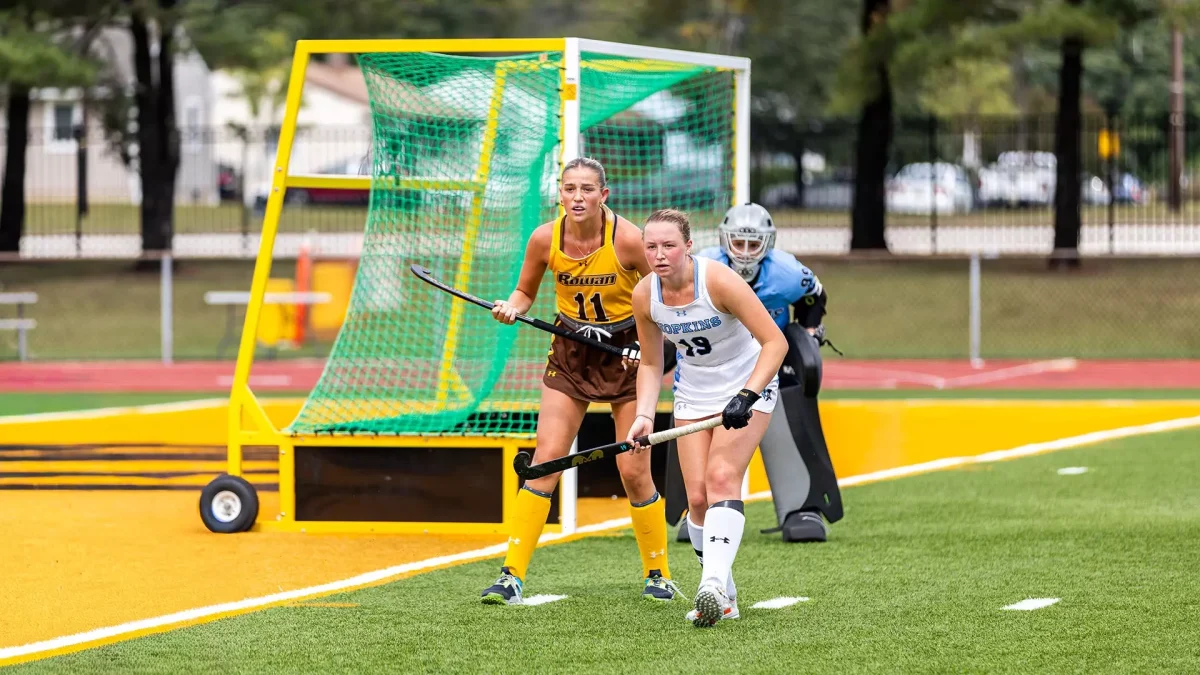


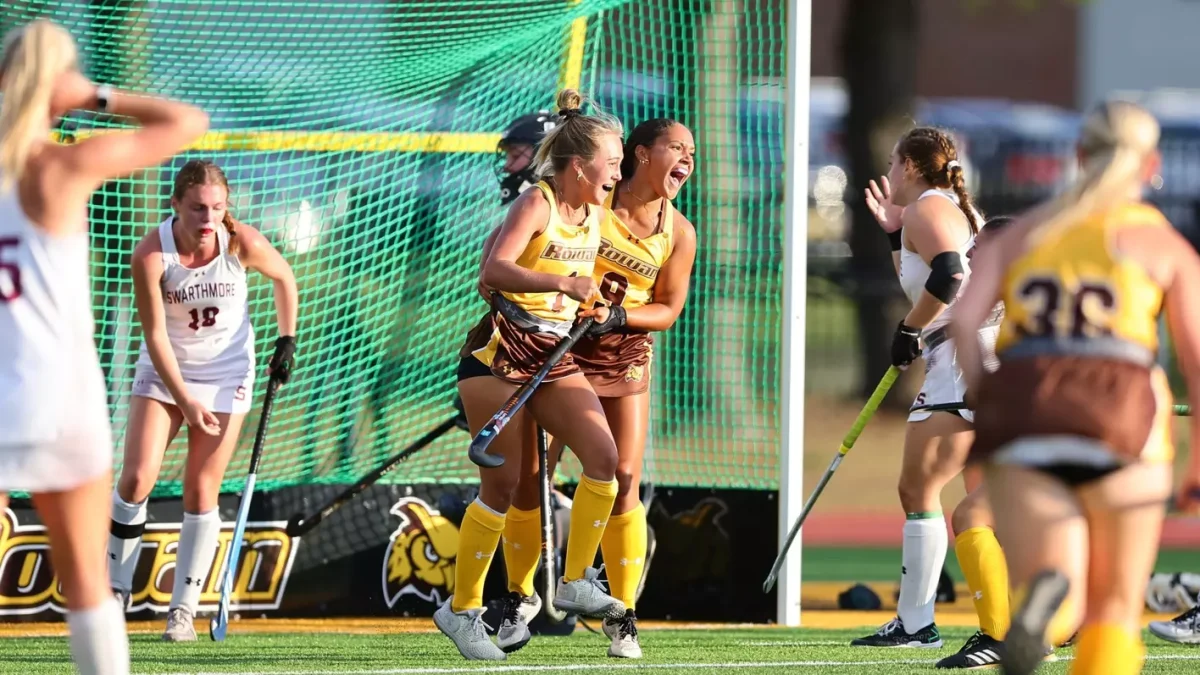

























































































































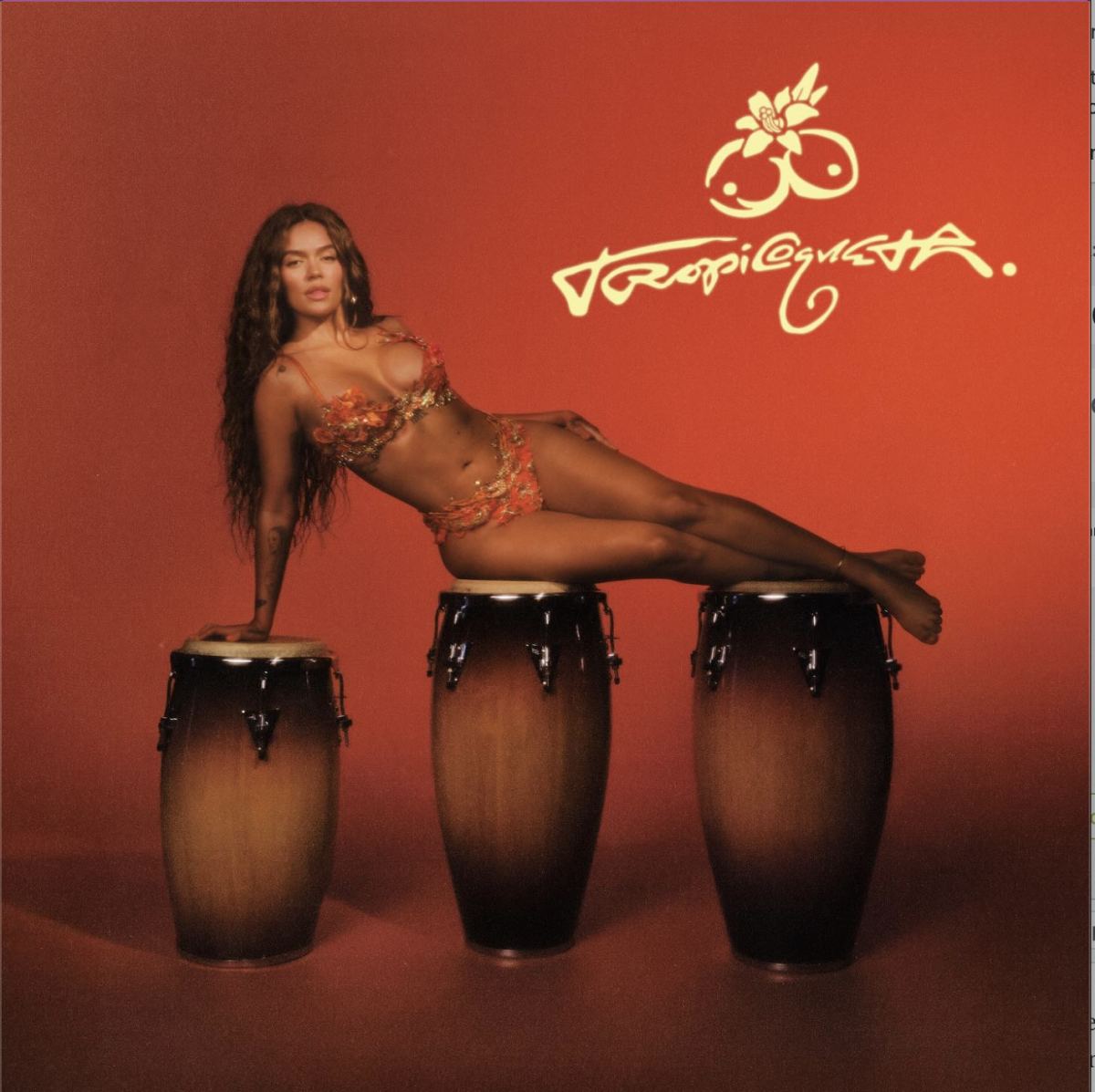






!["Working with [Dr. Lynch] is always a learning experience for me. She is a treasure,” said Thomas. - Staff Writer / Kacie Scibilia](https://thewhitonline.com/wp-content/uploads/2025/04/choir-1-1200x694.jpg)










































